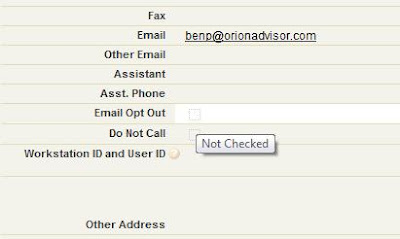Author's note: probably the most interesting part of this post is the excerpt and link from TIME Magazine towards the bottom. The rest is just my own unedited rambling on the subject of finding healthy foods in an unhealthy economy.A morning
news story today showing people boycotting Whole Foods for its CEO's stance on health care reform gave me an equal dose of disappointment and encouragement. Disappointing of course, because any time I see a corporation that seems to share the values of a consumer who just wants to find healthy, reliable products for his/her family, it's only a matter of time WHEN that company will be exposed for lying, cheating, stealing and generally contributing to the slow, yet constant poisoning of our food supply.
But, encouraging because each revelation about how unhealthy a "grilled chicken salad" at the
awning-striped place of your choice really is -- is a reflection of the growing transparency of the debate. And ironically, that's a good thing.
It is nice to finally hear other people join what used to be the wing-nut fringe of folks who wanted healthy food. Truly healthy food. In our country, we are told what's good for corporations is best for the economy. So, any request that they consider their impact on the environment, our health, or even condoned discrimination of their own employees is an absurd cost they can't bear.
Those of you who know me know I am not trying to paint a negative picture of factory farms or rights-violating retail giants, but simply trying to provide an entry point for many friends and family into this debate. While questioning that great deal you are getting on pickles at Wal*Mart shakes the foundation of your reality (if not simply your budget), I believe it is utterly necessary for our children, and our civilization.
Unfortunately, the answer is not taking what these corporations give us, to try and make the "best decision available." When we shop in Target's organic farmer's market section, it's out of hope, not fact. I can only hope that food is a little less bad, used a few less pesticides, was grown in soil that was a little less lead-contaminated and the trucks it came in on drove a few less miles to get here (and hopefully, crates didn't get switched by the minimum-wager responsible for stocking them on the shelves before his smoke break).
Here's an excerpt from TIME Magazine (8/21/2009):
"So what's wrong with cheap food and cheap meat — especially in a world in which more than 1 billion people go hungry? A lot. For one thing, not all food is equally inexpensive; fruits and vegetables don't receive the same price supports as grains. A study in the American Journal of Clinical Nutrition found that a dollar could buy 1,200 calories of potato chips or 875 calories of soda but just 250 calories of vegetables or 170 calories of fresh fruit. With the backing of the government, farmers are producing more calories — some 500 more per person per day since the 1970s — but too many are unhealthy calories. Given that, it's no surprise we're so fat; it simply costs too much to be thin."Read more in TIME Magazine's
Getting Real about the High Prices of Cheap Food.
We live in a time when even the alternatives are not always good ones. I was told about a neighbor a few years ago who devoted a large area of his yard to gardening. He produced at least half of his family's fruits and vegetables on his own. Truly remarkable, and something I'd like to work towards, but it seems he forgot to check one last thing before planting his first seeds. A simple soil test would have revealed that his soil had a high contamination of lead, and he wouldn't be left wondering if he was responsible for his own child's mental illness.
What that should warn us is that even the alternatives,
like urban farming, we are given might be no better than the injustices we are trying to avoid. But joining the conversation and trying to put pressure on the companies we buy from
is our right, and our responsibility. Corporations will not do the right thing on their own, it would not be "fair" to their shareholders in the short-term, which is all we typically ask them to consider.
What are your thoughts?







